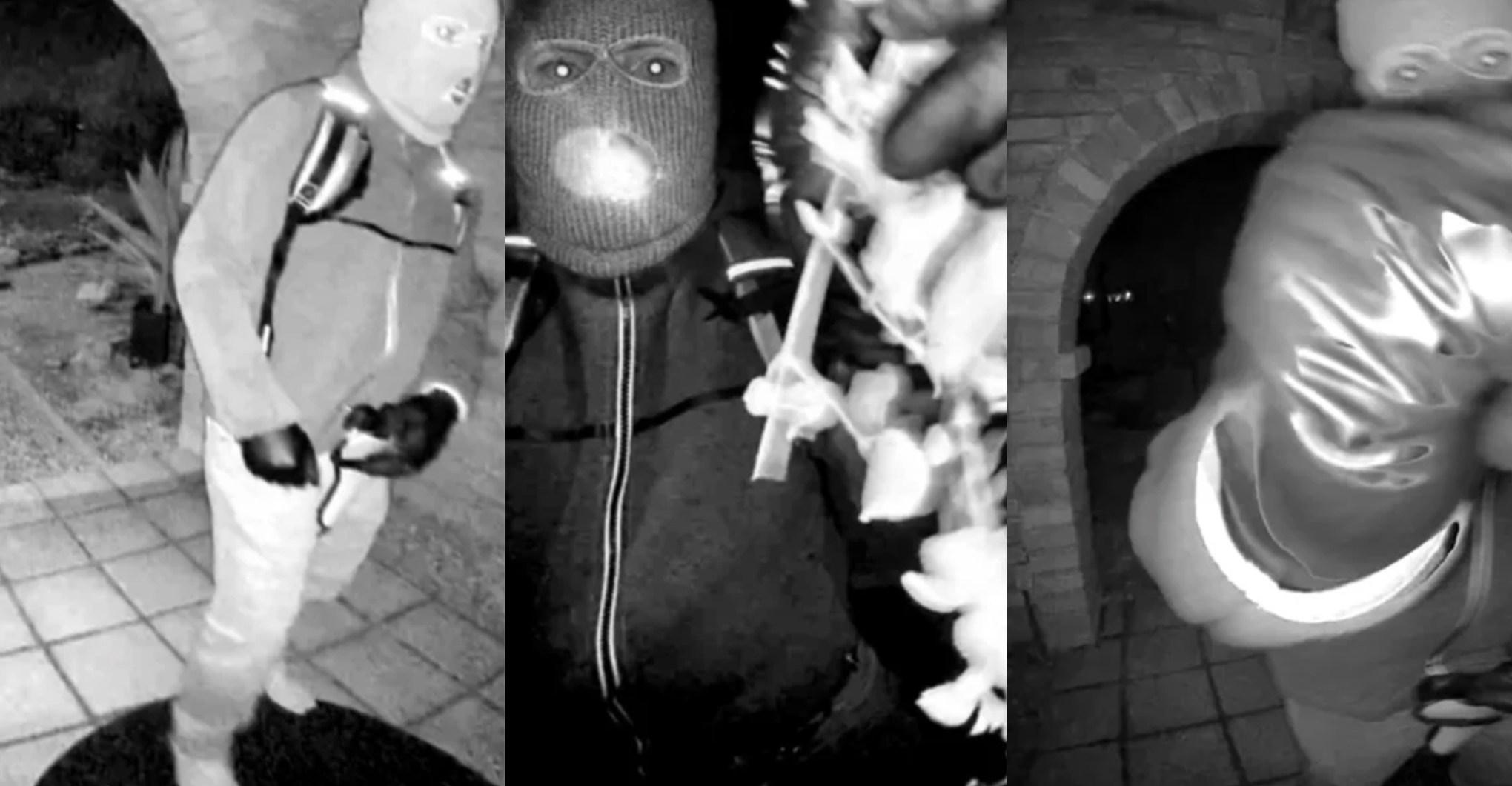Physicist Steven Weinberg, who won the Nobel prize in 1979 with two other scientists for their separate contributions unlocking mysteries of tiny particles and their electromagnetic interaction, died at the age of 88, the University of Texas at Austin said Saturday.

A professor at the university since the 1980s, Weinberg died Friday in Austin, Texas, according to his wife Louise, said UT spokesperson Christine Sinatra. The physicist had been hospitalized for several weeks, but a cause of death was not released, according to Sinatra.
“The passing of Steven Weinberg is a loss for The University of Texas and for society,” UT President Jay Hartzell said in a statement.
“Professor Weinberg unlocked the mysteries of the universe for millions of people, enriching humanity’s concept of nature and our relationship to the world,” Hartzell added.
In 1979, Weinberg shared the Nobel prize in physics with scientists Abdus Salam and Sheldon Lee Glashow. Their work improved the understanding of how everything in the universe relates, according to a UT statement.
The work helped physicists unify two of the four forces of nature, subatomic forces known as nuclear forces, said Sean Carroll, a theoretical physicist at the California Institute of Technology.
“It’s all about understanding the laws of nature at a deep level. We’re curious creatures and we want to know how the universe around us works,” Carroll said.
Weinberg’s work built on the work of Albert Einstein, according to Columbia University string theory physicist Brian Greene.
“The idea was that all forces of nature might actually be the same force ... it was this dream Einstein had, that it all might be whole,” Greene said. “He drove this idea forward. He pushed this idea forward by showing (two forces) were the same force.”
Weinberg, Salam and Glashow — working separately — were honored “for their contributions to the theory of the unified weak and electromagnetic interaction between elementary particles, including ... the prediction of the weak neutral current,” according to the Nobel Prize website.
A New York native, Weinberg was a researcher at Columbia University and the University of California, Berkeley, earlier in his career. He then served on the faculty of Harvard University and the Massachusetts Institute of Technology before joining the UT faculty in 1982, teaching both physics and astronomy.
Weinberg left behind wife and a daughter. The heirs has yet to announce the funeral services.
SOURCE: AP

Fitbit expands access to its AI health coach
- 9 hours ago

What we know about the mysterious closure and reopening of the El Paso airport
- 7 hours ago

Why ‘deleted’ doesn’t mean gone: How police recovered Nancy Guthrie’s doorbell footage
- 13 minutes ago

Talk to your kids about ICE
- 7 hours ago
Two US Navy ships collide, no major injuries, US Southern Command says
- 18 hours ago

The Toyota Highlander is now a three-row electric SUV with 320 miles of range
- 9 hours ago

Aurora says it will ‘triple’ its driverless truck network
- 12 minutes ago

T-Mobile will live translate regular phone calls without an app
- 13 minutes ago

The Switch 2’s GameShare multiplayer turns this horror game into an unexpected comedy
- 12 minutes ago
SMEDA mulls on-ground support for flagship cluster showcase participants
- 17 hours ago
Movies can change the world, but not politically, says Berlin Film Festival juror Wim Wenders
- 18 hours ago

Microsoft wants to rewire data centers to save space
- 9 hours ago






